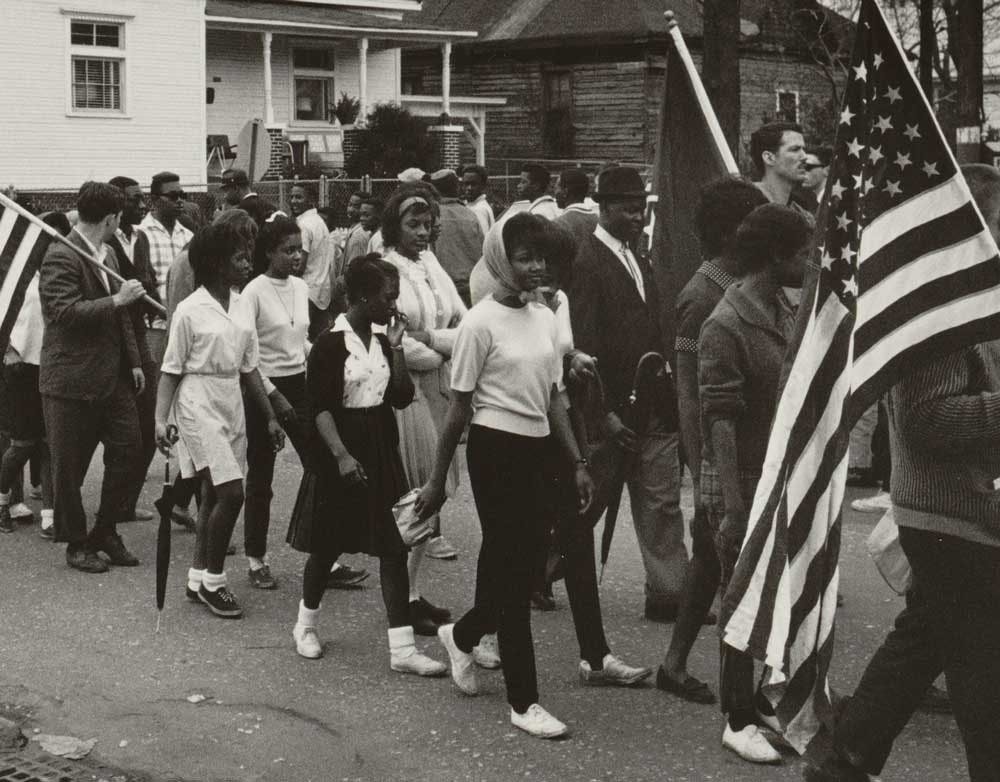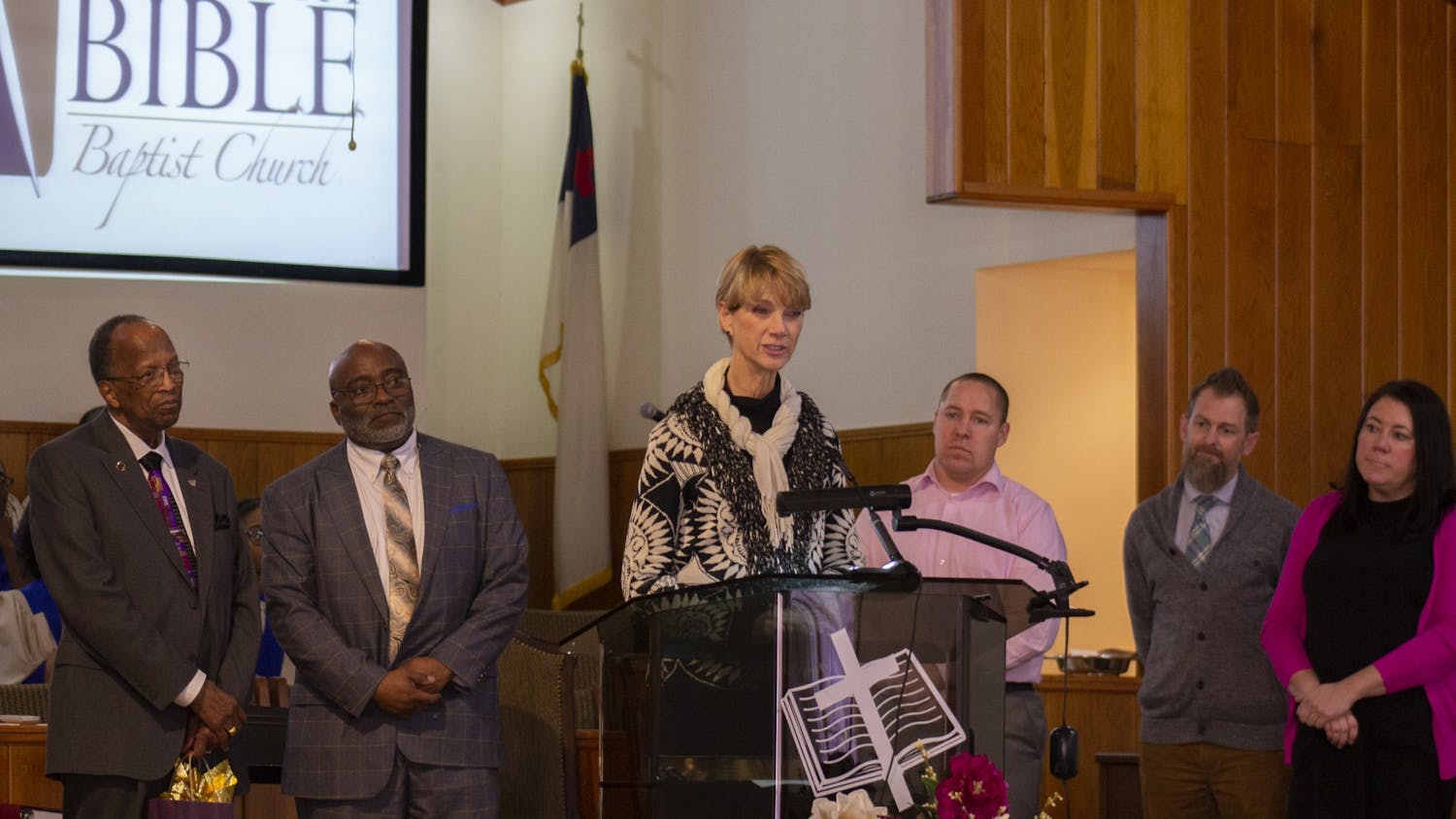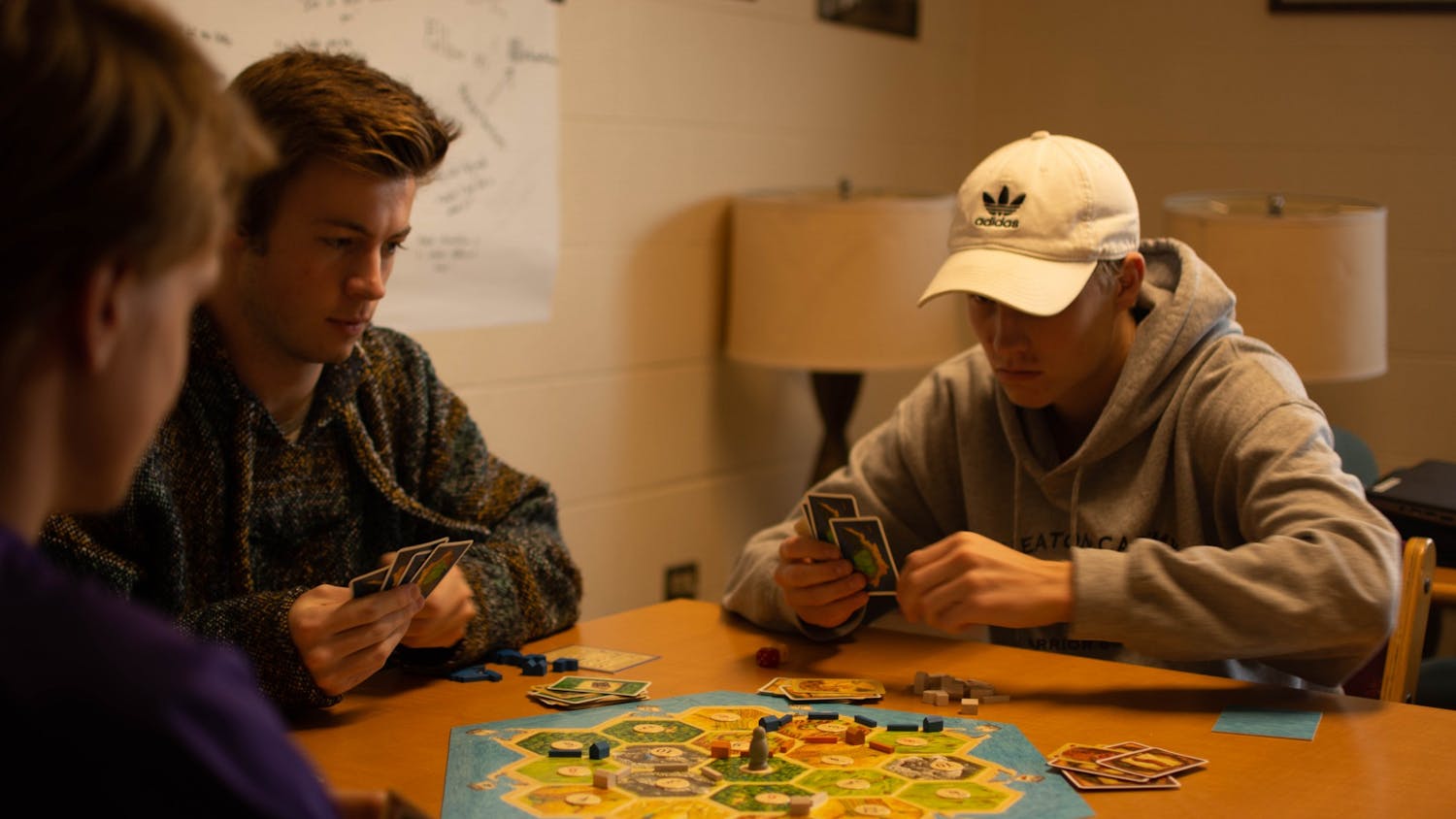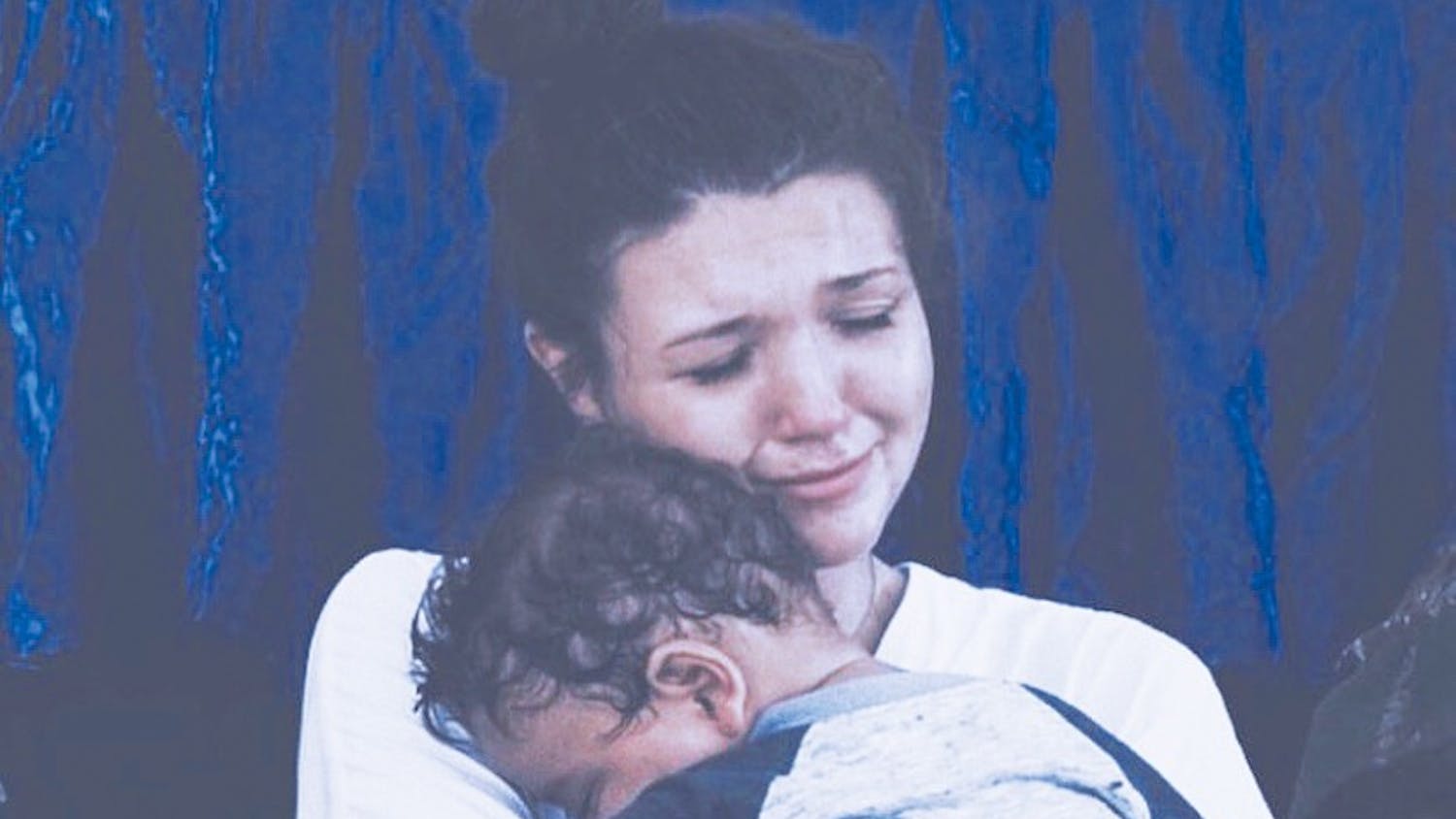Lynda Lowery first recognized racism’s hold over Selma, Alabama when it killed her mother.
“I knew that white people didn’t like Black people,” Lynda said. “But I realized when my mother died that white people hated Black people.”
Although Lynda’s mother needed a blood transfusion, the all-white hospital in Selma had no “negro” blood in supply. Forced to look for help elsewhere, Lynda’s father sent for blood from Birmingham — 96 miles away.
It arrived 15 minutes too late.
When seven-year-old Lynda learned the cause of her mother’s death, she made a vow that propelled her into a lifetime of civil rights activism.
“I made a vow that when I got big, I was gonna change things,” Lynda said. “And no one would ever have to grow up without a mommy again because of the color of their skin.”
Lynda wasted no time acting on her promise. From a young age she participated in marches, spent time in jail and did everything she could to secure basic human rights for African-Americans.
At the age of 13, Lynda heard Martin Luther King Jr. speak for the first time in Brown Chapel. When King suggested “steady, loving confrontation” through nonviolent protests, she jumped up on her seat and yelled her approval.
“I said, ‘Oh yeah, that’s how I’m gonna do it!’” Lynda said. “And my grandmother pulled me back down on my seat and said, ‘Shut up, you know you in church.’”
Just a few months later, Lynda’s dedication to nonviolence was tested along with hundreds of others’ on what would infamously become known as “Bloody Sunday.”
After church services on March 7th, 600 marchers led by John Lewis and Hosea Williams lined up two abreast outside of Brown Chapel and set off towards the Edmund Pettus Bridge.
“I was in the 19th row from the front,” Lynda said. “We started off the march singin’, ‘Ain’t Gonna Let Nobody Turn Me ‘Round.’”
As they drew closer to the bridge, singing was replaced with an eerie silence.
When they reached the apex of the bridge, the marchers met resistance.
“Alabama state troopers lined four lanes of (the) highway, about four rows deep,” Lynda said. “Behind them was Dallas County sheriff Jim Clark and his deputies about two rows deep, and then there was a posse on horseback.”
The crowd was given two minutes to disperse.
Instead, they knelt and prayed. As Lynda knelt down, she remembers the officers donning gas masks.
“We were kneeling and all of a sudden there was gunshots and there was this smoke coming up from the ground,” Lynda said. “It burned your nose and your eyes — you couldn’t see, you couldn’t breathe.”
Troopers emerged out of the tear gas to chase protestors down. Lynda was grabbed and beaten, suffering injuries that later required 35 stitches. She fainted and woke up to find herself being shoved into the back of a hearse, presumed dead.
Despite the violence she encountered on the bridge, Bloody Sunday did not end Lynda’s participation in protests.
Just a few weeks later, on March 25, 1965, Lynda became the youngest foot soldier to participate in the successful march from Selma to Montgomery.
“I was determined to finish what I had started,” Lynda said. “As my grandmother used to say: ‘When you start something, be determined to take it to the end — no matter what the outcome.’”
Since then, Linda has spoken on various media channels and written a book entitled Turning 15 On The Road To Freedom: My Story of the 1965 Selma Voting Rights March.
Linda often makes a point of acknowledging that the Civil Rights Movement was never about African-Americans exclusively, but about humanity as a whole.
“We are fighting for everybody’s rights, because what affects me affects everybody else,” Lynda said. “If the air quality isn’t good in Selma, it’s not good in New York, it’s not good in Norway, it’s not good around the world.”
Lynda also believes that civil rights activism today is far more dangerous than it was in 1965, and cautions younger generations to temper their energy and enthusiasm with wisdom.
In doing so, Lynda believes today’s youth could have an incredible impact on the continued fight for civil rights in the United States.
“You will change history — you will put the word ‘human’ back into the word ‘humanity,’” Lynda said. “Because what we’re fighting for is the human race. We’re not just fighting for African-Americans or Latinos; we’re fighting for the human race.”





